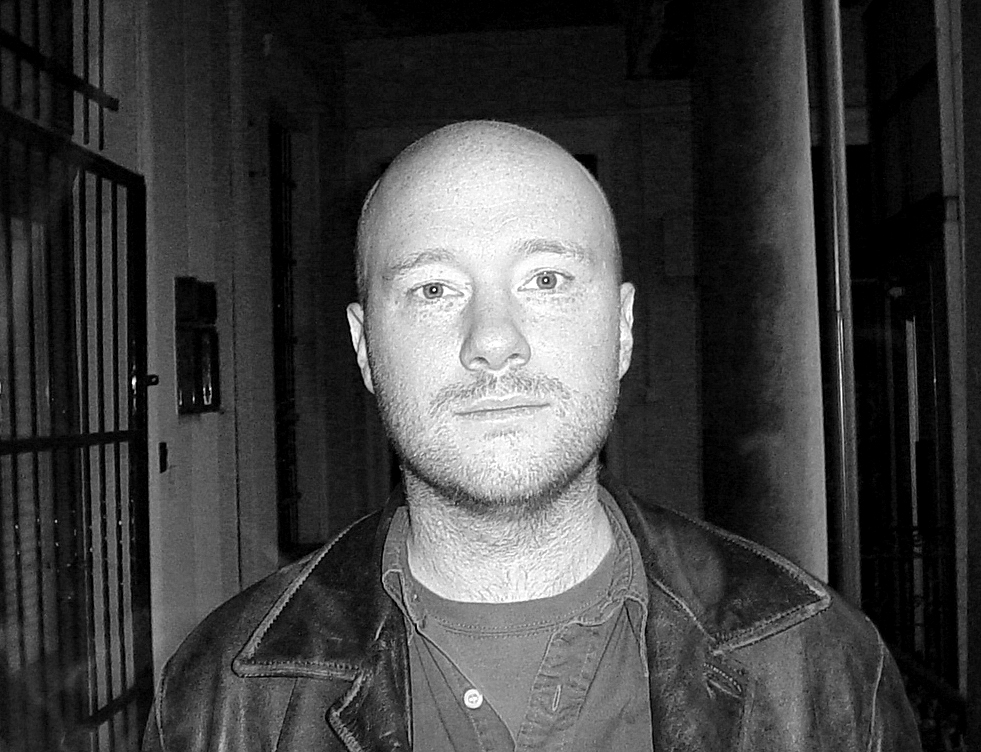
The Cairo Affair
Olen Steinhauer
(St. Martin's Press)

For hard-core devotees of spy fiction, those who cut their teeth on John Le Carré and Len Deighton, no American author can scratch that espionage itch like Olen Steinhauer. His latest effort, an elaborate, highly textured and beautifully structured labyrinth of a spy novel, does not disappoint.Emmett Kohl, an American diplomat, and his wife, Sophie, have just moved to Budapest after a posting in Cairo. Set in early 2011, during the Arab Spring that toppled the governments in Tunisia and Egypt, the story explodes into action when Emmett is murdered in a restaurant in Budapest.
Sophie, who has just admitted to an adulterous affair in Cairo, looks on in horror as a hulking goon walks up to Emmett, tells him "I here for you" and shoots him dead. The spies and the diplomats jump into action, to comfort Sophie, to question her, and try to rush her back to the US for the funeral. But Sophie has other ideas and sneaks back to Cairo, hoping to learn the truth about her husband's death. She doesn't trust the embassy and agency people to tell her the truth, and with good reason.
In the insular, clandestine world of intelligence, which the author seems to know so well, everybody lies, everybody has secrets and trades secrets, information is the only currency, and deception and betrayal are the norm. So it's hard to identify the bad guys, much less the good ones.
"Who trusts anyone these days?" asks the Cairo CIA station chief Harry Wolcott. "Don't take it personally. In a situation like this, everything should be examined, and if you're missing some crucial piece of information, it's best to assume you don't know anything."
With the backdrop of Arab revolutions, the action moves from the chaotic streets of Cairo to the Libyan Desert, to the Old World charm of Budapest. Then we're taken back to 1991, when Emmett and Sophie honeymooned in wartime Yugoslavia. There they met Zora, the mysterious and manipulative Serbian spymistress, who seduces the Kohls' and introduces them to the savagery and brutality of wartime. Could she hold the key to Emmett's murder?
What makes Steinhauer's books so appealing is the mix of credible spy craft and realpolitik, memorable characters and vividly drawn settings. We get to know Cairo with all our senses: the smell of garlic, falafel, grilling meat and auto exhaust; the call of the muezzin to prayer, the ubiquitous arab pop music and blaring horns from the relentless traffic; the Pyramids, barely visible through a haze of smog.
Steinhauer draws his spies as multi-dimensional, flesh-and-blood characters whom we're glad to get to know and spend some time with.
Libyan-American Jibril Aziz is an idealistic Agency analyst, who came up with "Stumbler," a secret strategy to get rid of Kaddafi with the assistance of exiled opposition leaders. It was long ago rejected and shelved by the CIA, but Jibril believes it has suddenly been activated and his quest to discover by whom and to what end essentially drives this entire complex plot.
Sophie, Harvard educated, temperamental, self-centered, is comfortable. perhaps the typical the wife of any midlevel government worker stationed overseas, but she, too, harbors a terrible secret.
John Calhoun is an African-American contractor, used by the Agency in Cairo to handle the dirty work. Yet he is meditative and frequently contemplates the disorder of his itinerant existence, failed personal life and has an abiding love of poetry, particularly Langston Hughes, T. S. Eliot and E. E. Cummings.
When the station chief in Cairo visits him at his apartment and studies the contents of his bookshelves, John waves off any commentary. "It gets old, people being shocked by your literacy," he says.
His Egyptian characters are also sympathetically rendered, particularly the 60-year-old spymaster Omar Halawi, an astute and efficient agent, who missed out on a bid to lead his intelligence department, beaten out by a colleague named Ali Busiri from a rival division whose cronyism helped him amass powerful connections.
Omar knows and keeps track of all the American operatives, as well as the competing intelligence networks active in Cairo. And it is he, finally, who solves the mystery of Emmett's murder. He is shown to be principled and compassionate; he offers refuge in his apartment with his doting wife, Fouada, to both Jibril and Sophie.
In this murky shadow world of paranoia and duplicity, we see Omar as a good man who is good at his work. The touching scenes of his life with Fouada and the way he treats his underling agents illustrates his humanity, his morality, his love of his country. Perhaps, we are brought to think, we Americans aren't the only ones in the world who love justice.
--- Warren Sharpe